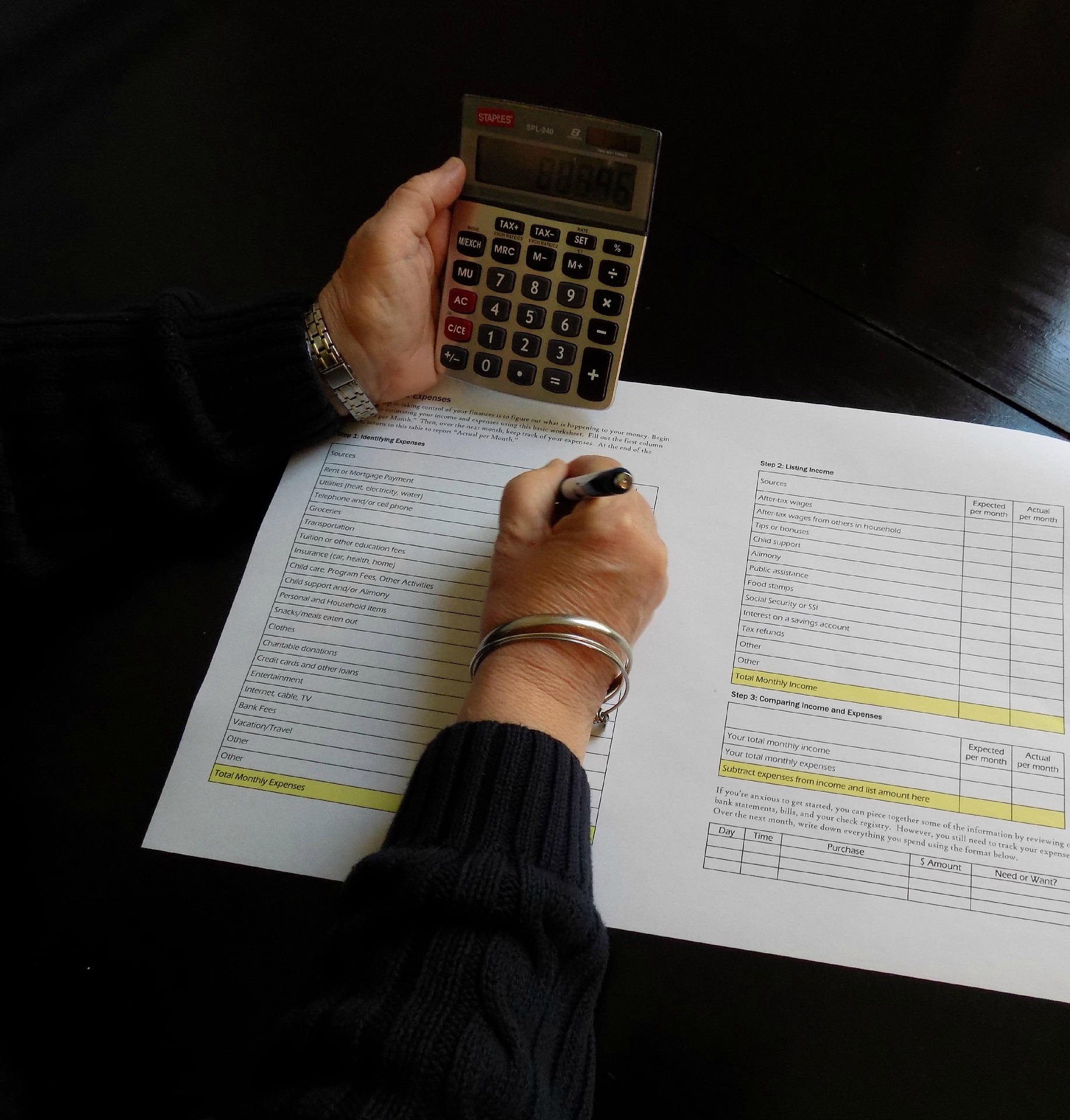
At some point, we all have to start taking our financial futures seriously. Your adult life is going to feature many big, scary expenses, and planning for them is the only way to make them less intimidating. The first step is to familiarize yourself with what you can expect to encounter throughout your life. Only then can you begin to understand the best ways to both minimize and prepare for them.
Getting A Pet
According to The Simple Dollar, the initial cost of getting a pet averages $680, while year-to-year costs are about $300-$400. Even if you can easily afford this, the cost of emergency medical care can be debilitating, sometimes upwards of $5,000. Setting aside a savings account to deal with this eventuality while your pet is still young and healthy will make things easier once they are older and more likely to need care. You can also look to pet insurance to ease some of the financial burden.
Having Your First Child
It costs around $1,200 to raise a child for the first year of their lives. For most people, this is a huge part of their income, especially if a parent has to leave work to care for a newborn. The biggest costs are items diapers, wipes, gear and food, though you can save a lot of money by shopping second-hand and making your own baby food. It’s a good idea to review your family budget and see where you can make changes before the baby comes. It’s also wise to start saving as soon as you know baby’s due date. The more you put away, the more you’ll be covered if you have unpaid parental leave.
College
Sending a child off to college is a moment of great pride, but it can also be a source of stress given the huge cost. The Motley Fool recommends setting aside a monthly sum from the moment your child is born. They also suggest looking into specific account types, such as a tax-deferred 529 plan, a Roth IRA, or municipal bonds, which will yield far more than a standard savings account.
Buying A House
This is perhaps the most obvious one – everyone knows that some financial planning is needed if they intend to take out a mortgage. What most people don’t realize is that there’s plenty you can do to set yourself up to easily afford a home, even if you’re a while away from being able to afford that down payment. You can prepare your finances by reducing your debt, cutting down on borrowing, and optimizing your credit score.
Major Home Repairs
The true cost of your home isn’t just limited to mortgage payments and homeowners insurance. Every house requires a certain amount of upkeep, and neglecting it will only make costs escalate further. Minimize the expense of home repairs by tackling them right away and carrying out routine maintenance tasks throughout the year.
Unexpected Death
No one wants to think about what might happen if they or their spouse dies, but it’s essential to cover this contingency. If you have children or other dependents, life insurance can keep them safe and secure in case of your death. These days, it’s easy to quickly compare rates online – it may even be less expensive than you imagine. You should also have your estate documents in order, including a last will and testament and power of attorney as well as a plan for guardianship of minor children.
Retirement
Planning for retirement can be a complicated affair, even if you have an employer-sponsored savings account. Before you start putting your financial plan into place, make sure you fully understand your options. Do your research on the difference between a 401(k), traditional IRA, and Roth IRA – this guide by NerdWallet has an extensive breakdown of how it all works, all translated into plain English.
End-Of-Life
Medical costs in the last five years of life average $39,000 for individuals. That’s including Medicare coverage and excluding long-term illnesses like Alzheimer’s. One big way to control the costs is to make your medical preferences binding in an advance directive, which means hospitals can’t charge you for expensive treatments you don’t want.
Of course, you don’t have to plan for all of these scenarios at the same time. If you’re in your early 30s, it’s normal to prioritize childcare or your mortgage. However, keeping a long-term sense of perspective is crucial for good financial planning. You want to be thinking 10, 20, even 50 years ahead if you want your savings and budget to cover all the big expenses in your life.
Photo via Pexels

